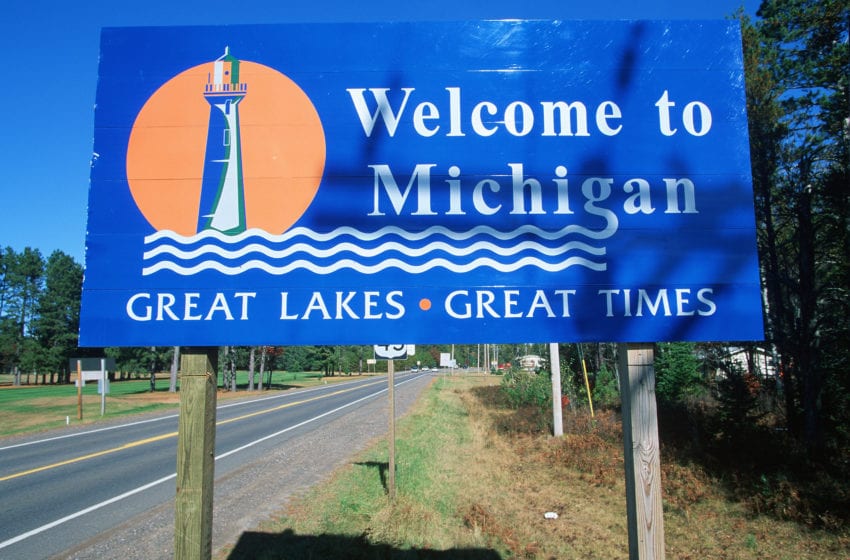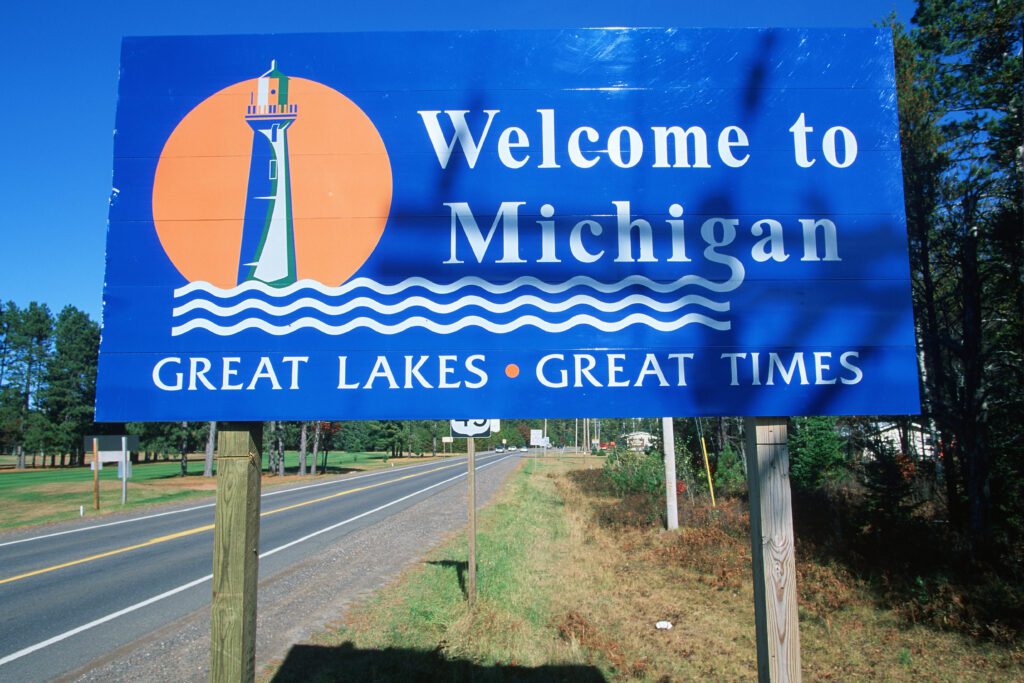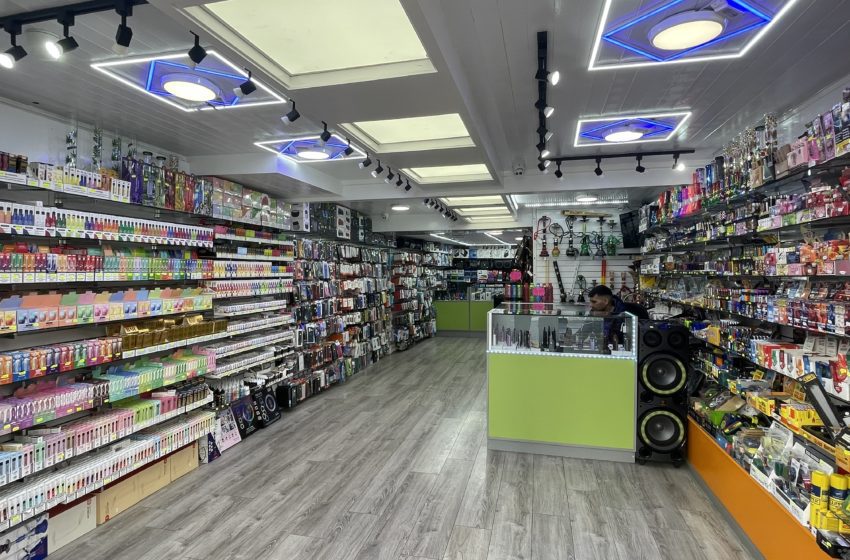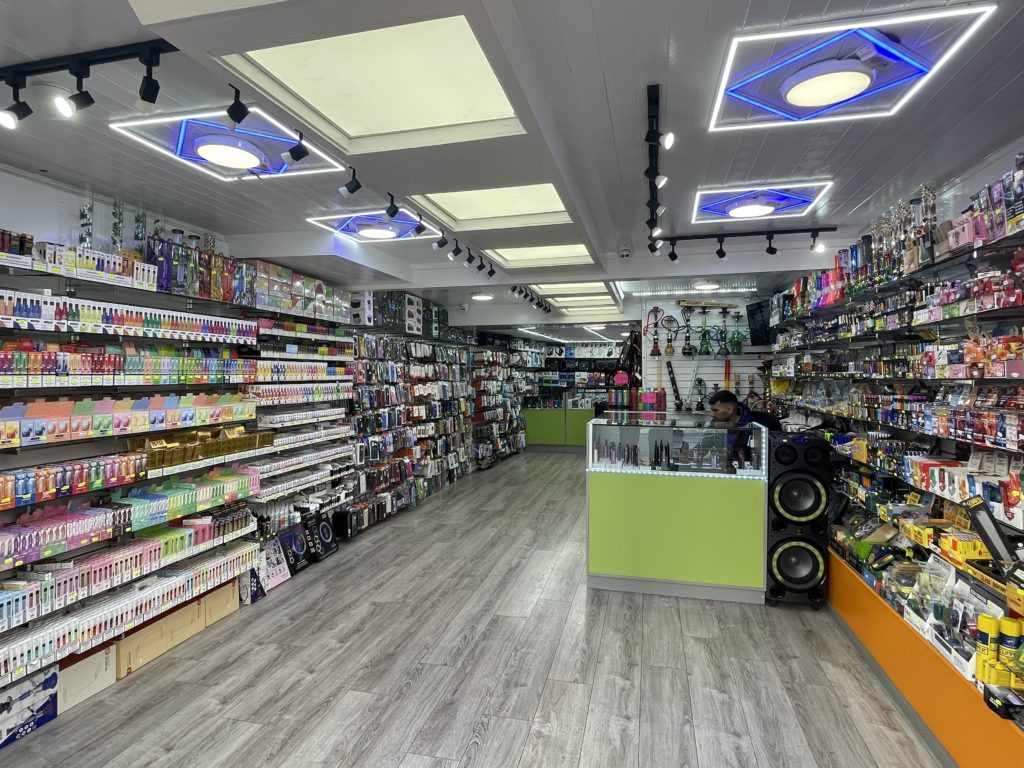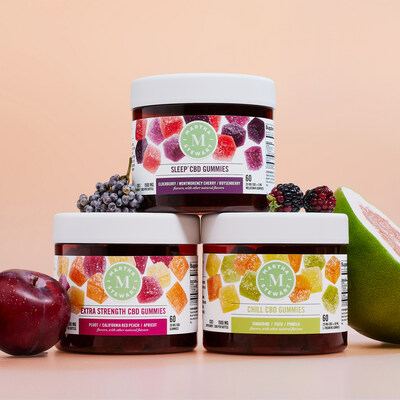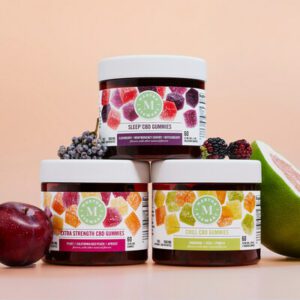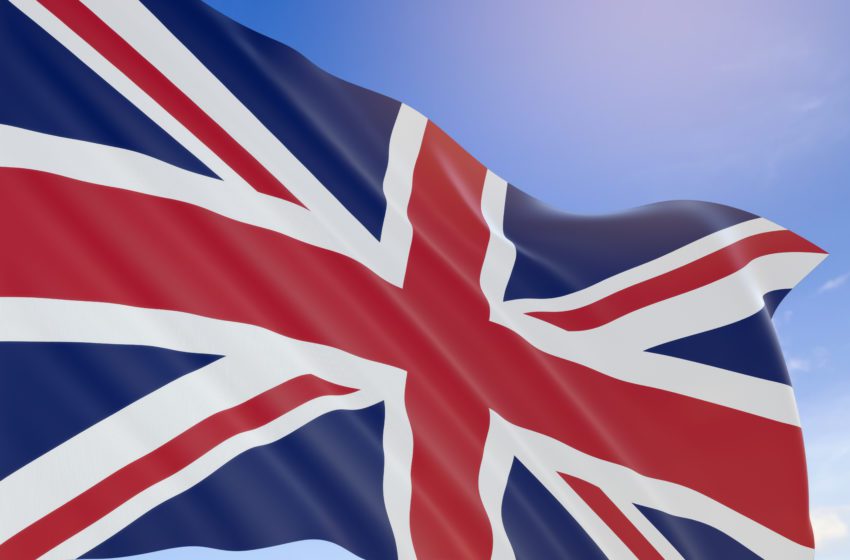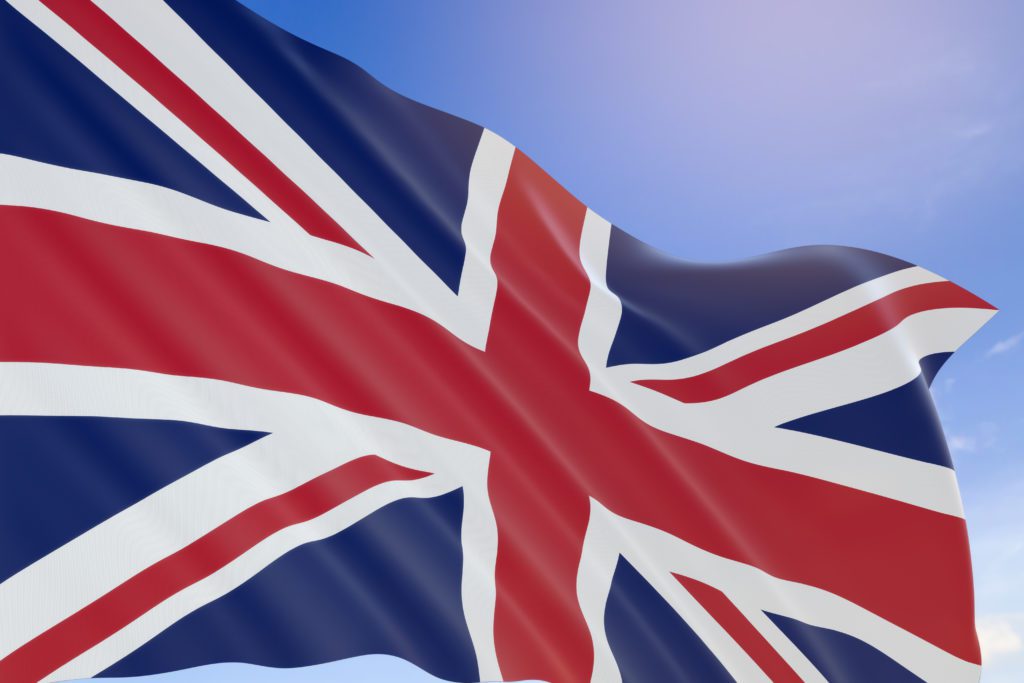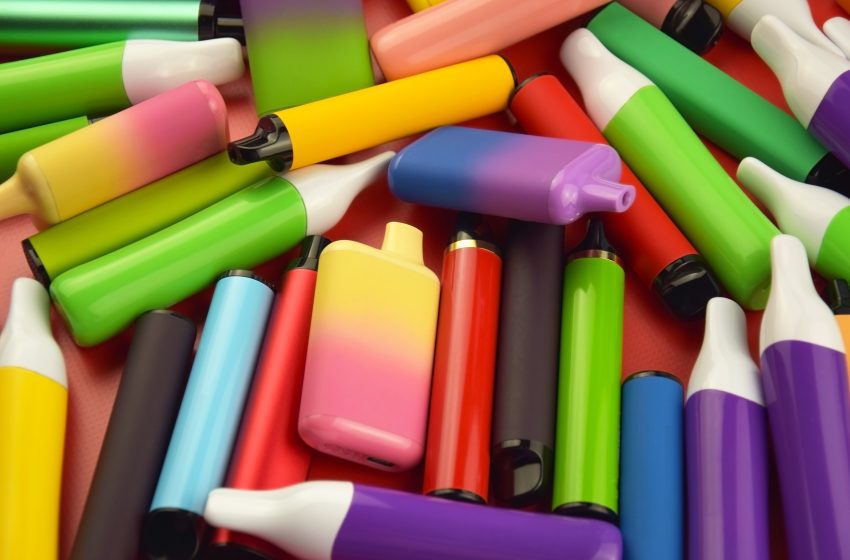
A new lawsuit filed by San Francisco City Attorney David Chiu’s office accuses three online retailers, The Finest E-Liquid, the Vape Society and DaSmokey, of illegally selling flavored vape products in the city.
According to a complaint filed at San Francisco Superior Court Tuesday, city investigators purchased products from the three sellers that included a container of “The Finest Vanilla Almond Custard e-liquid,” a disposable vape called “Flum Pebble 6000 Puff, Matcha flavor” and packages of “Apple Pearadise” and “Straw Melon Sour Belts” e-liquid, among others.
Moreover, the city alleges that the companies violated a state regulation, codified in California’s Stop Tobacco Access to Kids Enforcement (STAKE) Act, that requires online sellers to call the purchaser before shipping tobacco products and use certain language on the package—both safeguards intended to prevent minors from buying the products online.
“We are bringing our lawsuit to send a clear message to tobacco retailers that selling their products will not be tolerated in San Francisco,” Chiu said. “We’re bringing this lawsuit to protect the public, especially youth, from the health risks of tobacco products.”
Sales of flavored tobacco products have been banned in San Francisco since 2018, when voters approved Proposition E, which prohibited the sale of such products in response to the rising popularity of youth vaping.
In 2019, the Board of Supervisors unanimously passed a ban on the sales of most electronic cigarettes in the city over the protests of Juul Labs, which was then headquartered in San Francisco and a major producer of vapes.
That same year, Juul sponsored a ballot measure that would have reauthorized the sale of e-cigarettes—but it was overwhelmingly defeated.
Now, Chiu’s office believes that the three online sellers are flouting bans and regulations of e-cigarette products by continuing to ship flavored vaping supplies to buyers in San Francisco.
The alleged sales are happening despite broad restrictions on flavored vape products both locally and elsewhere, according to media reports. The websites gave no indication that the products could not be shipped to San Francisco and the products were shipped in short order to an address in the city, the complaint states.


